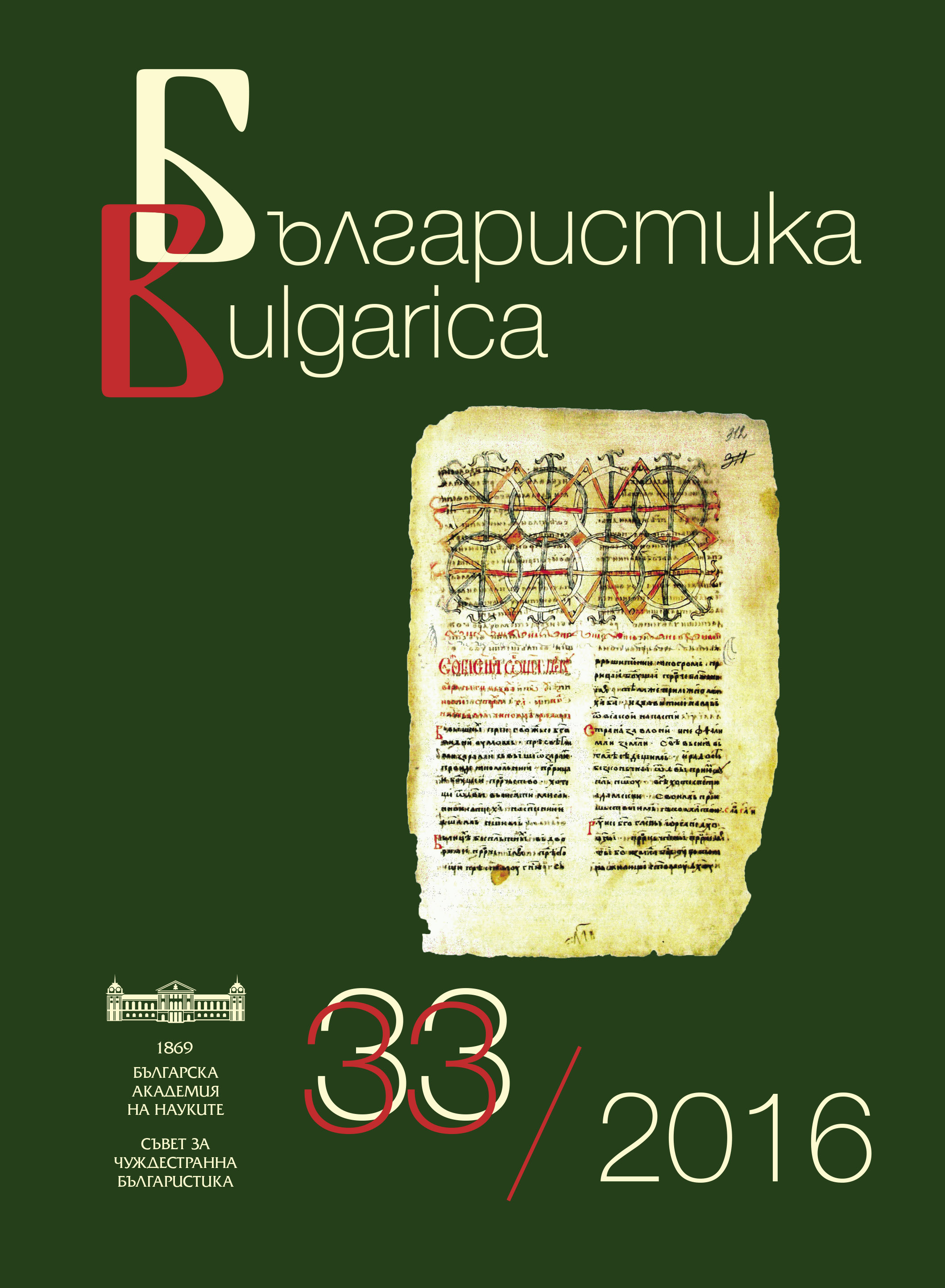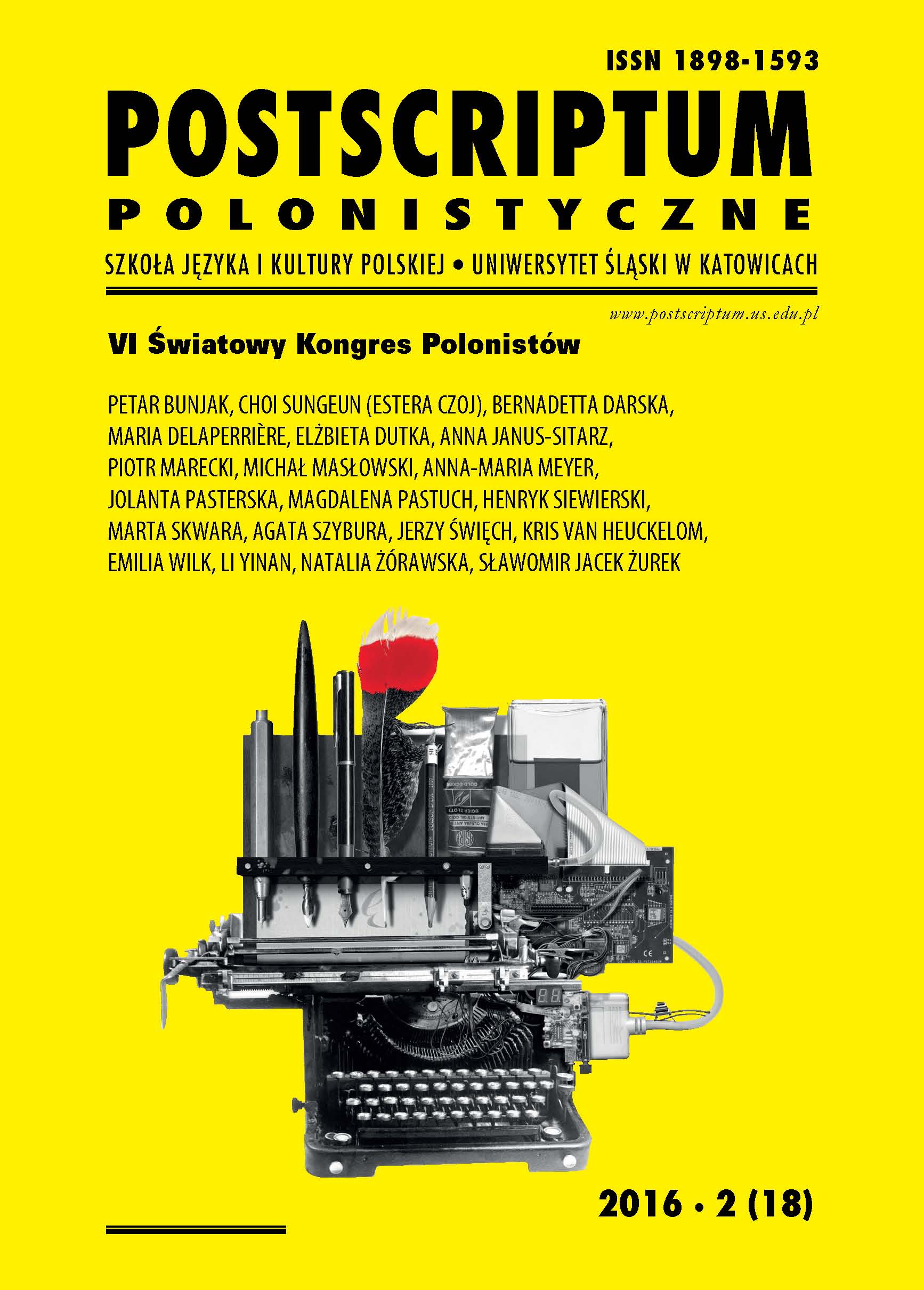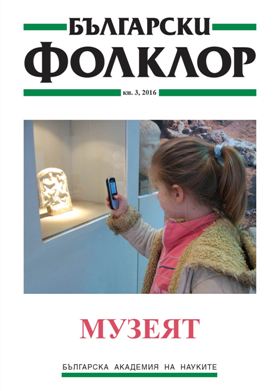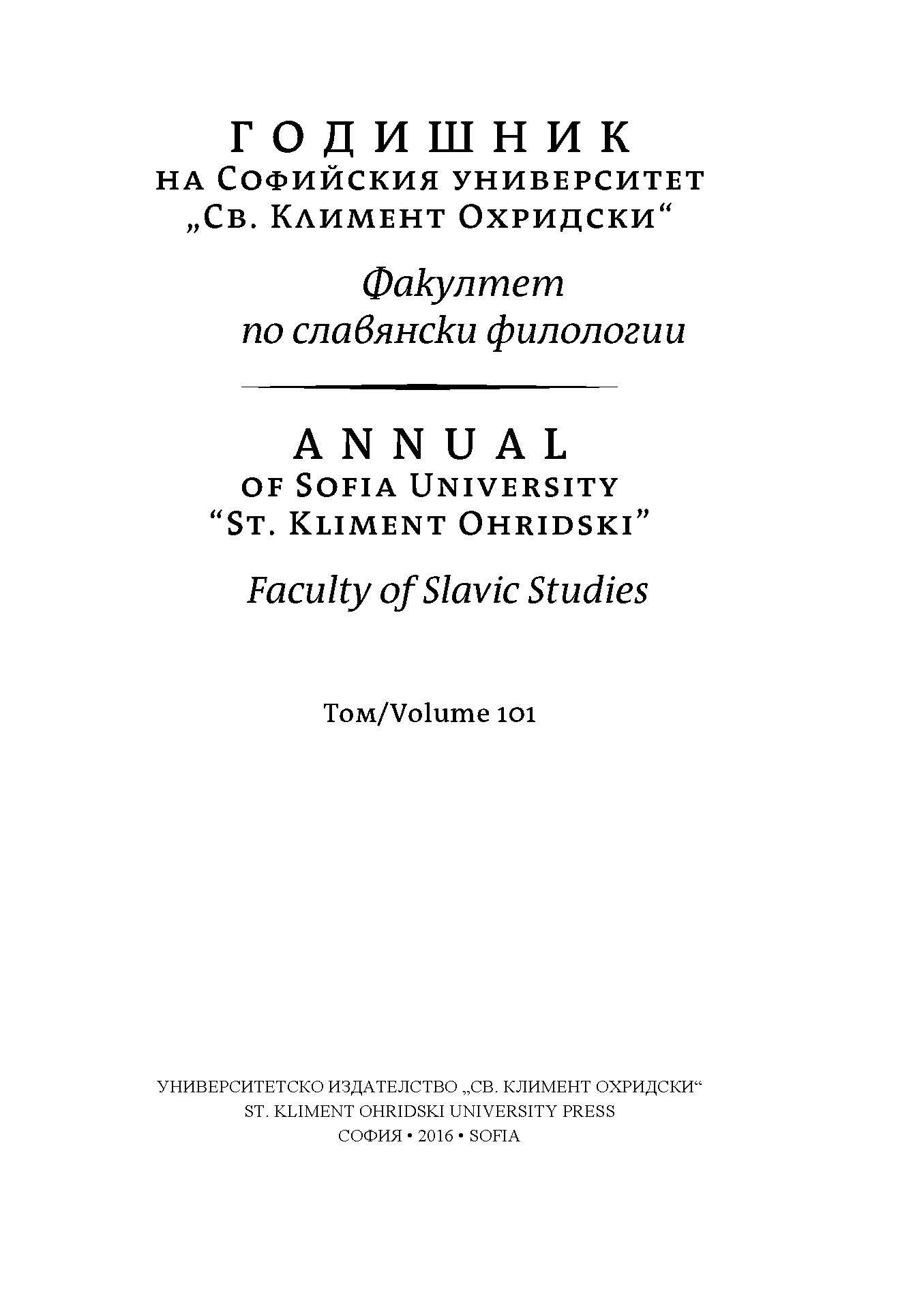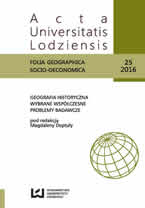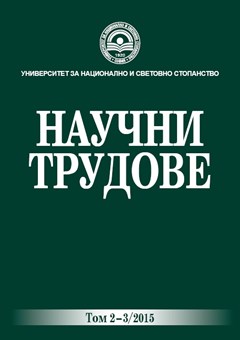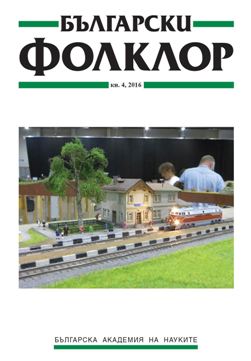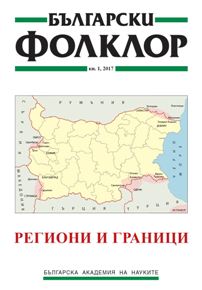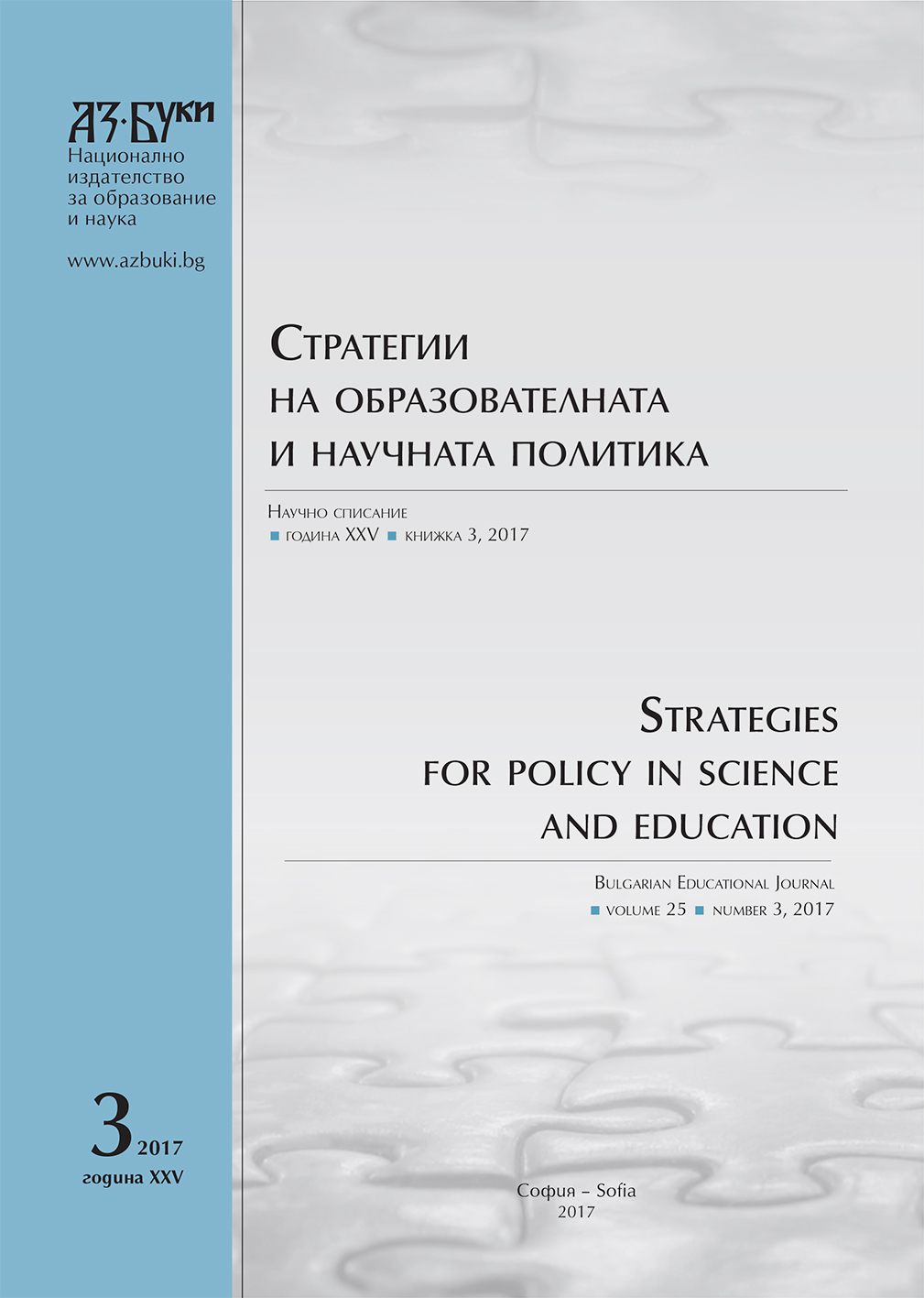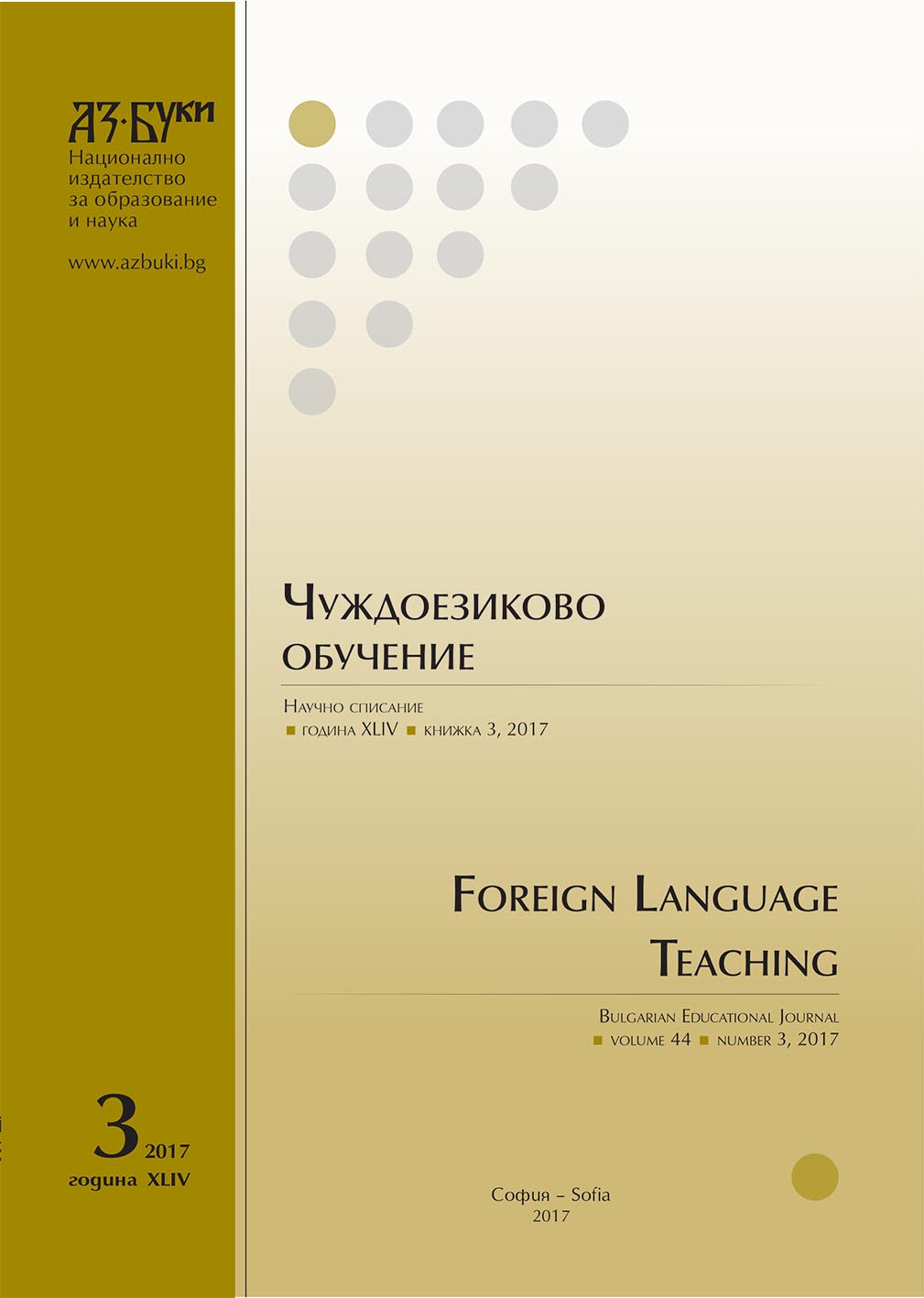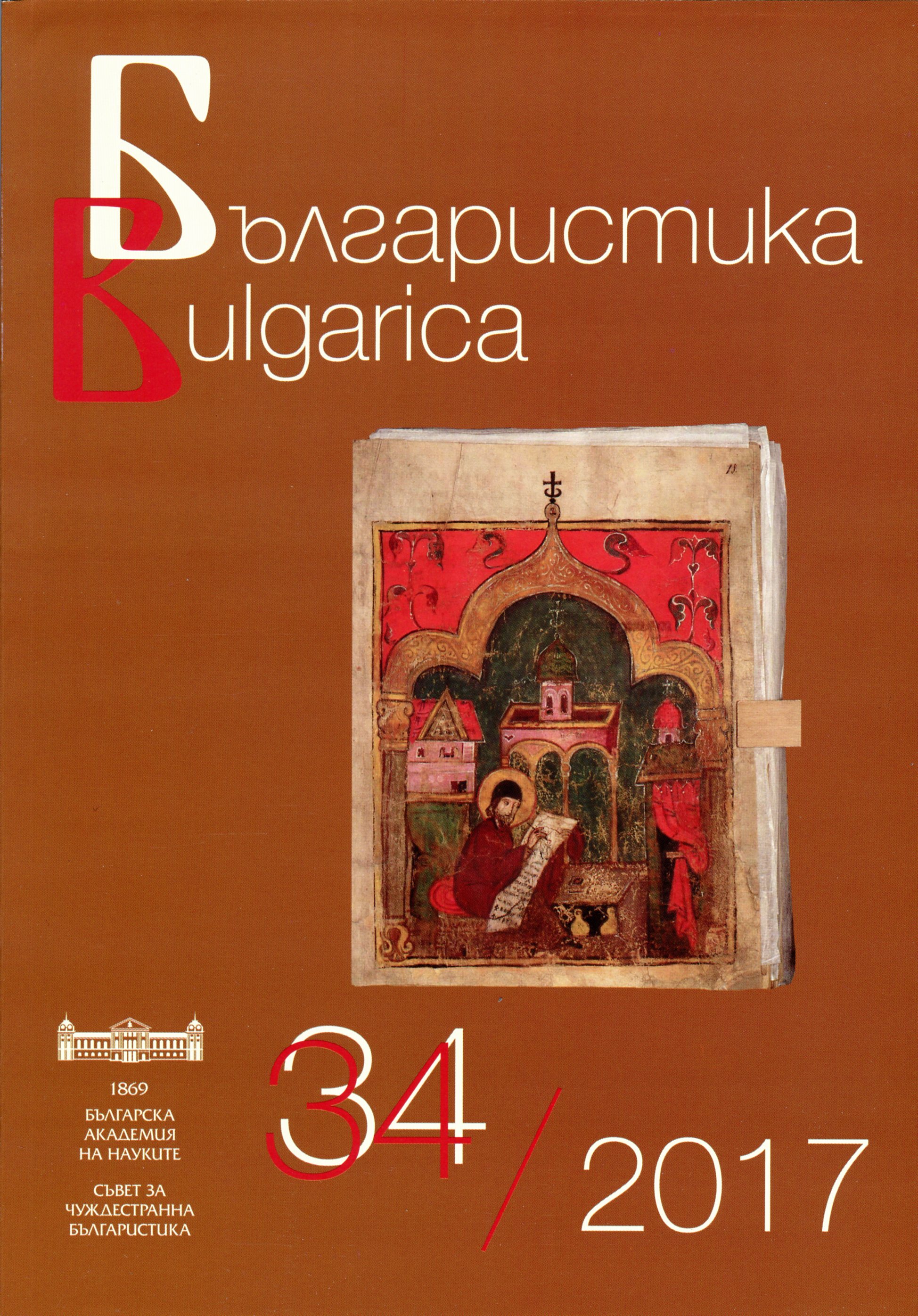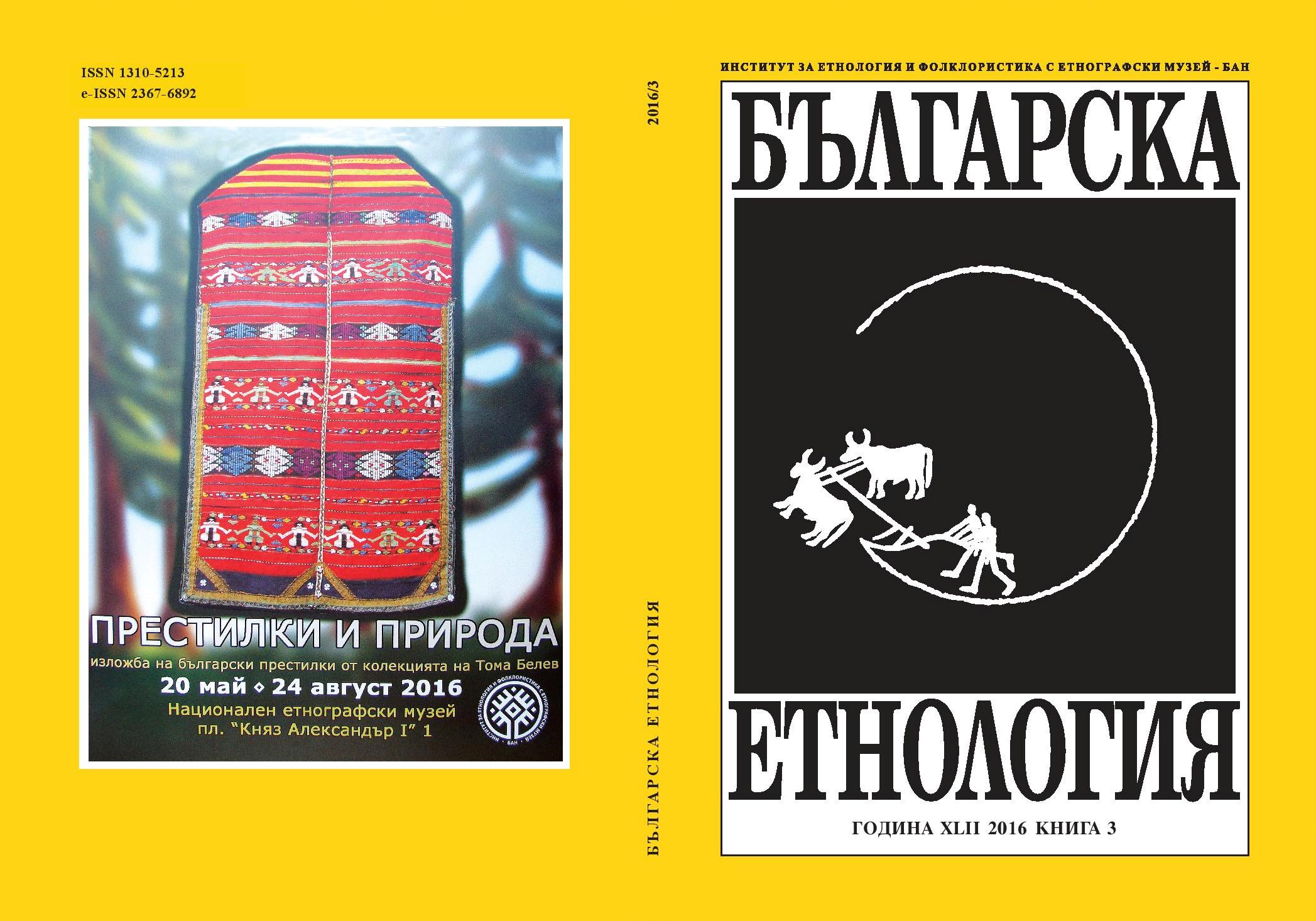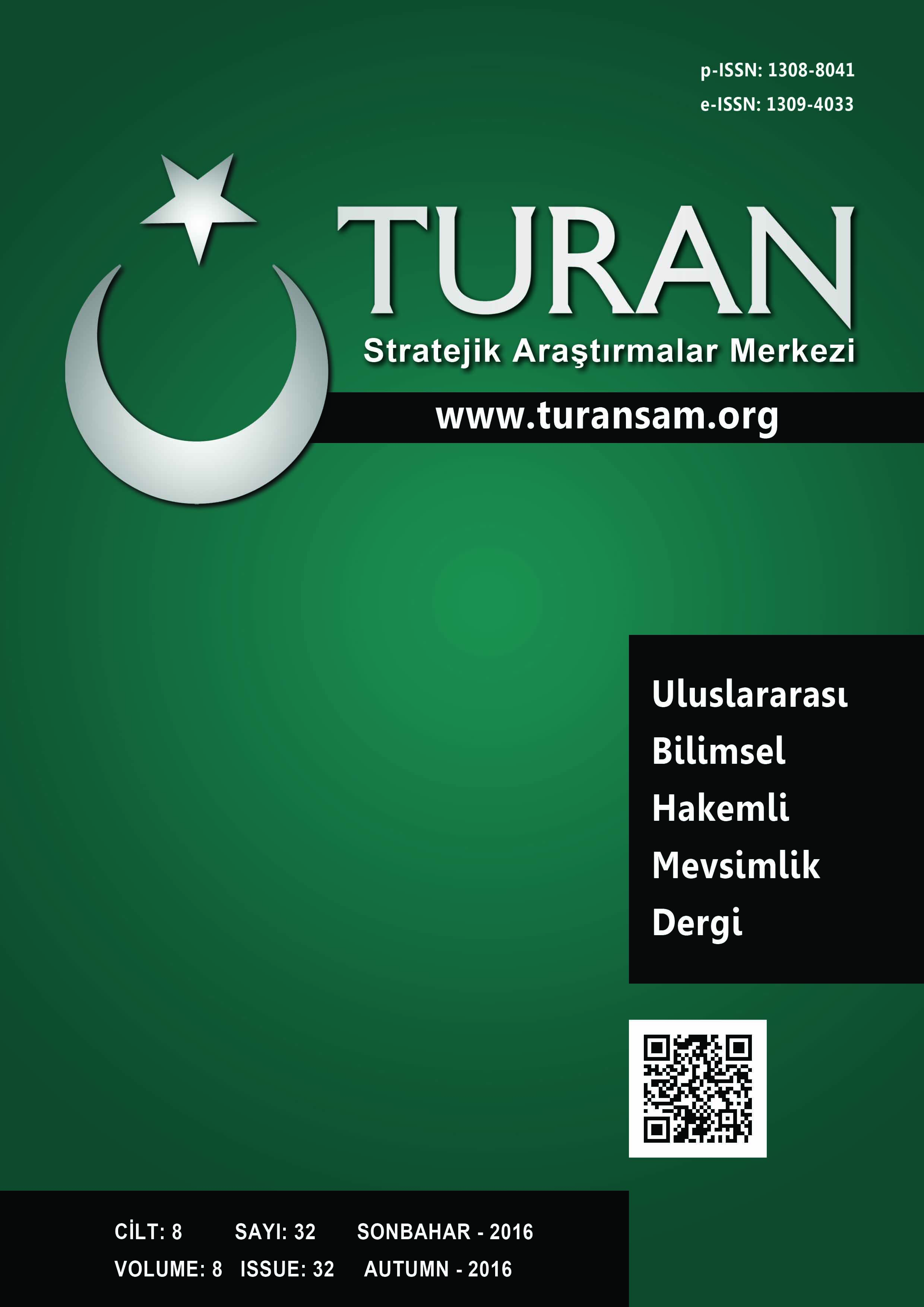
ASUR TİCARET KOLONİLERİ DÖNEMİNDE TÜCCAR EŞLERİNİN SOSYAL VE EKONOMİK HAYATTAKİ YERİ
According to the Kültepe Tablets, there were intensive trades between the Assyrian merchants and the Anatolian kingdoms. In this period that lasted nearly for two centuries (BC. ca. 1950-1750), the merchants from Assyria began to live in the fields which were used as residence and market place founded near the cities and called as Karum. Assyrian merchants who spent almost all of his life in Anatolia, brought their wives with them, but some of them married women from the local communities of the region. The biggest supporters and assistants of the Assyrian merchants in the trade were their spouses. In many documents there was information about that women had a voice in trade life, helped their husbands, bought and sold goods and played active role in the production process. In this study, benefitting from the Kültepe tablets which have been published since today, the family relations of the Assyrian Merchants with their wives, their commercial partnerships, individual activities of the Assyrian women traders, how they help their husbands in trade are going to be clarified with the documents.
More...
